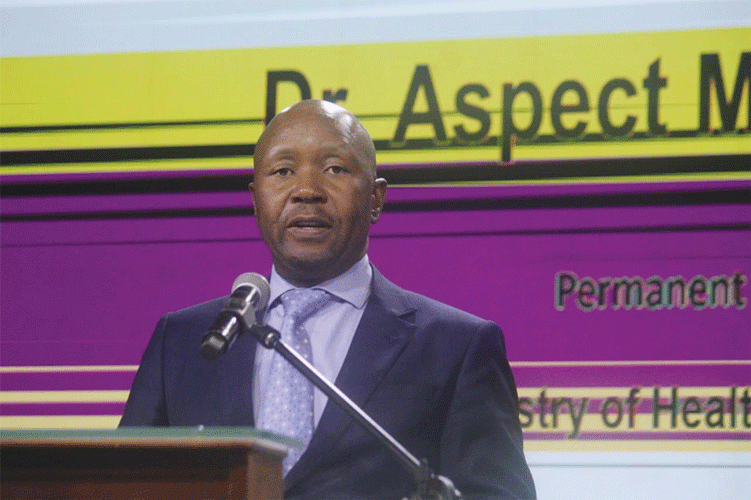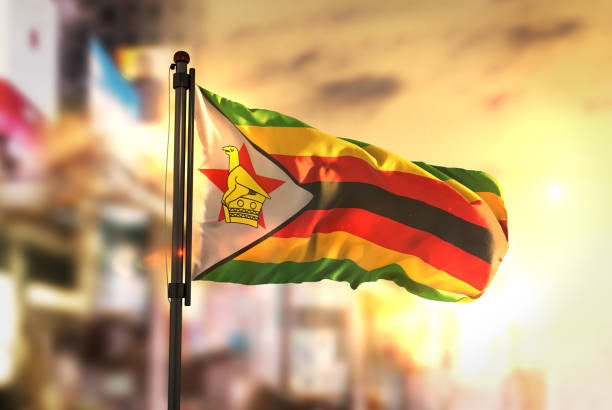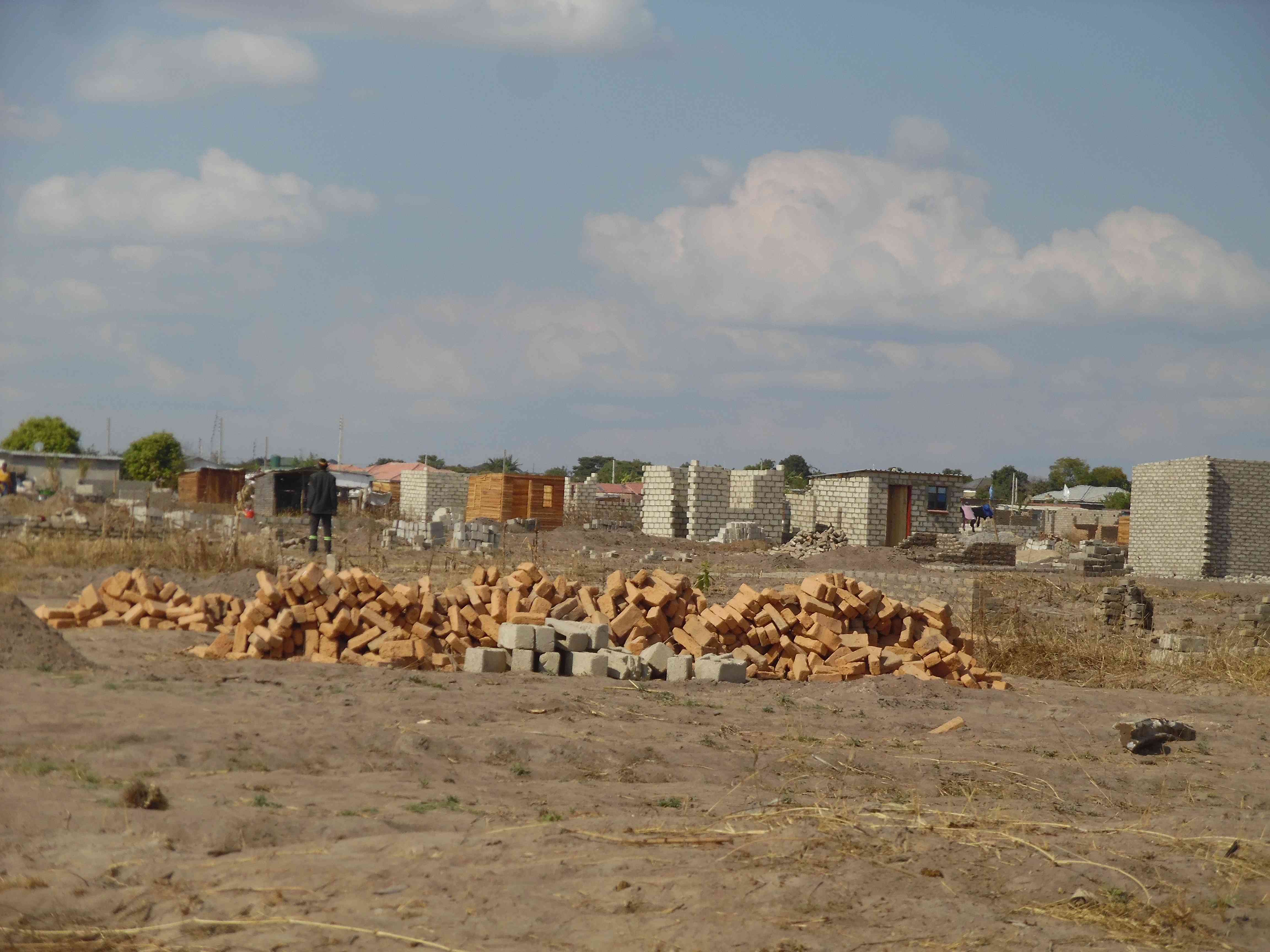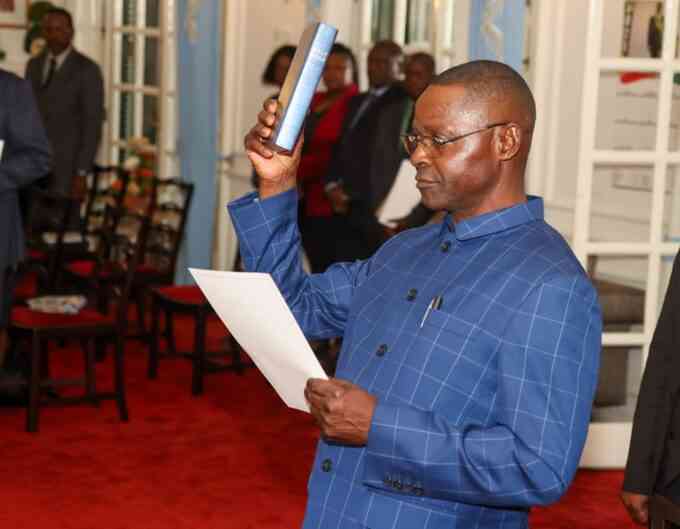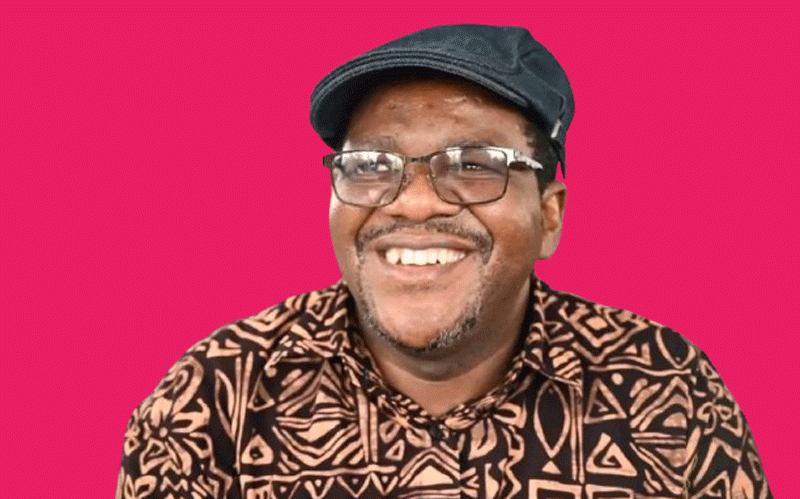
THE problems facing our country will not be solved by the despondency of those who lost the July 2013 elections or the gloating of the victors.What we are dealing with is far too important for us to waste time and energy in pointless pouting or unseemly revelry.
Report by Dr Noah Manyika
And yes, both do take time and energy that needs to be focused on the serious responsibility we have to rebuild our country and to make it work.
When the prophet Samuel went into a protracted time of mourning after King Saul met his demise in 1 Samuel 16, the Lord asked him how long he was going to mourn for Saul. There was nothing wrong with mourning for Saul. What was inappropriate was the length of time Samuel was at it, mourning as one who had no hope and putting off critical national work so he could have a good cry.
Gloaters are not given an easy pass either in the Word of God, being warned in Proverbs 24:17-18: “Do not rejoice when your enemy falls, And do not let your heart be glad when he stumbles; Or the Lord will see it and be displeased, and turn His anger away from him.” For those who cannot resist the temptation to gloat, it is clearly not the way to invite God’s blessing on their work.
I feel personally challenged by the story of young Joseph, the Hebrew teenager who was sold into Egyptian slavery by his brothers. Upon arrival in Egypt, he was bought by Potiphar, an officer of Pharaoh. According to Genesis 39: “The Lord was with Joseph, and he was a successful man” even though he was a slave. The scripture continues to tell us that “his master saw that the Lord was with him and that the Lord made all he did to prosper in his hand. So Joseph found favour in his sight, and served him.”
Joseph had every reason to be despondent in Potiphar’s house. He chose instead to affect the space he occupied and to impact that household. He excelled in spite of being confined. Potiphar had no choice but to acknowledge that Joseph was special, so much so that he made the young slave the overseer of his house and put everything he had under his authority.
When we become Josephs in our own spaces, we become irrepressible, uncontainable, unstoppable. Our personal and collective journeys might take us through dark valleys, but we must go on knowing that it is only those who persevere beyond the disappointing “almost there” moments of their lives who fulfil their destinies. Falsely accused of attempting to rape Potiphar’s wife, Joseph ended up in prison where he continued to be a problem solver and was promoted by the warden to be in charge of all the prisoners. What Joseph did every day was a vote for Israel. It was because of his diligence and faithfulness while in confinement that he eventually came to Pharaoh’s attention and received the ultimate promotion that set him over Egypt and saved the Hebrews from the famine that ravaged the land.
- Chamisa under fire over US$120K donation
- Mavhunga puts DeMbare into Chibuku quarterfinals
- Pension funds bet on Cabora Bassa oilfields
- Councils defy govt fire tender directive
Keep Reading
We need a movement of Josephs, irrepressible, uncontainable and unstoppable problem solvers and game changers in whatever space they occupy. Our communities need that. Zimbabwe needs that. Africa needs that. It is time for us to be embarrassed when missionaries from other nations come to perform work we can do for ourselves. How difficult is it for a group of villagers to get a few buckets of paint to repaint their own school or replace missing window panes? How difficult is it to organise ourselves to pick our own litter and keep our communities, cities and villages clean? The truth is that it takes more than a change in government to turn our communities and nations from aid and charity dependent centres of poverty, conflict and dysfunction into vibrant, self-sustaining communities of hope.
While the political environment in our country can be blamed for the economic difficulties we have gone through, it is not responsible for the employees and executives who, through pilfering and embezzlement, bring the companies that provide them with employment to their knees, something that has happened to institutions started by investors I am acquainted with. For every tragic leadership story, I can tell you several stories of citizens who seem to think it is normal behaviour to cut their own noses to spite their faces. As much as we need new types of leaders, we need a new type of citizen even more, one which believes that what they do every day, and not just on election day, is their vote. That daily vote for our country through our diligence and faithfulness in our space is tamper-proof and will always be vindicated.
Does that mean the vote that comes once in four, five or six years is not important? Here is my conviction: We can only prosper when we allow our best citizens to become our leaders, when it is not their wealth, length of time as members of political parties, ability to throw stones etc that qualifies them, but how much of a Joseph they are in their space. We set ourselves up for disappointment, for false dawns and false springs when we are led by whoever outruns everyone to the front of the line, whoever shouts loudest the slogan we want to hear rather than the truth we need to hear and promises us the quickest and easiest route to a destiny that can only be reached through patient endurance.
In other words, elections are only as meaningful and as important as the quality of people contesting them. Indeed it must be the commitment of every political party in our country to field our best, those who vote for the country daily with their deeds. That way, we make sure that the country always wins even when a political party loses the contest. Is there not a cause? lDr Noah Manyika is a Fulbright Scholar and graduate of Georgetown University’s School of Foreign Service

